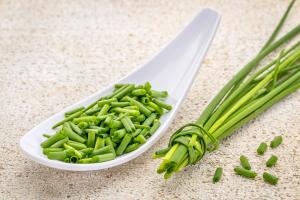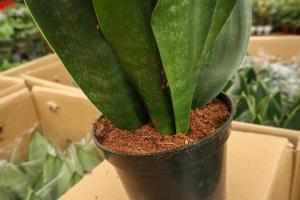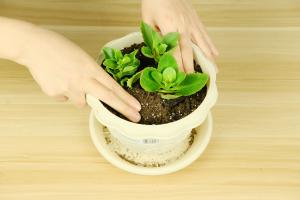Can You Clone Tomato Plants?
Tomatoes are one of the most widely grown fruits in the world, and they are loved for their versatility and flavor. Whether used in salads, sauces, soups, or stews, tomatoes are an essential ingredient in many cuisines. For gardeners, growing tomatoes can be a rewarding experience, but what if you want to grow more than the number of plants you have? Can you clone tomato plants? The answer is yes, and in this article, we'll discuss how.
What is Cloning?
Cloning is a process of asexual reproduction that produces genetically identical copies of an organism. In the case of plants, cloning involves taking a cutting from a parent plant and growing it into a new plant. The resulting plant is a clone of the parent plant, and it will have the same genetic makeup and characteristics.
How to Clone Tomato Plants
For cloning a tomato plant, you will need a few things - a healthy parent plant, a sharp and clean cutting tool (a pair of scissors, a razor blade, or a knife), rooting hormone, soil, and a container. Here's a step-by-step guide to cloning tomato plants:
Choose a healthy parent plant - select a parent plant that is healthy, disease-free, and has no signs of stress.
Take a cutting - using a clean and sharp cutting tool, take a cutting from the parent plant. The cutting should be about 4-6 inches long and should have at least two leaves. Make sure to cut the stem at a 45-degree angle.
Apply rooting hormone - dip the cut end of the cutting in rooting hormone. Rooting hormone promotes root development and increases the chances of successful cloning.
Plant the cutting - plant the cutting in a container filled with moist soil. Make sure to place the cutting at a depth of about 2 inches, and gently press the soil around it to secure it in place.
Provide the right environment - place the container in a warm and sunny location, but avoid direct sunlight. Keep the soil moist but not waterlogged, and avoid overwatering.
Wait for roots to develop - the cutting will start to grow roots within a few weeks. Once the roots have developed, you can transplant the cloned plant to a larger container or to your garden.
Advantages of Cloning Tomato Plants
Cloning tomato plants offers many advantages over growing from seeds. Here are some of the benefits:
Consistency - cloned plants are genetically identical to the parent plant, which means they will have the same traits, such as fruit size, color, and flavor.
Time - cloning tomato plants is a faster process than growing from seeds. Cloned plants begin to produce fruit earlier than those grown from seeds.
Quantity - cloning tomato plants allows you to produce as many plants as you need, without having to purchase new seeds or plants.
Conclusion
Cloning tomato plants is a simple and effective way to produce more plants with the same genetic makeup as the parent plant. With the right tools and techniques, any gardener can clone tomato plants and enjoy the benefits of consistency, time savings, and quantity. Give it a try, and see how many delicious tomatoes you can grow!

 how many times do yo...
how many times do yo... how many planted tre...
how many planted tre... how many pine trees ...
how many pine trees ... how many pecan trees...
how many pecan trees... how many plants comp...
how many plants comp... how many plants can ...
how many plants can ... how many plants and ...
how many plants and ... how many pepper plan...
how many pepper plan...
































